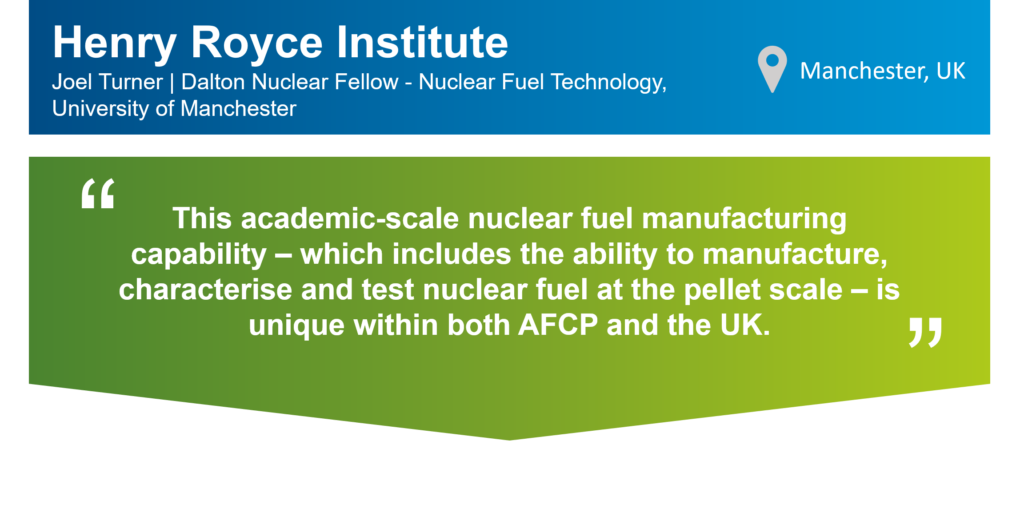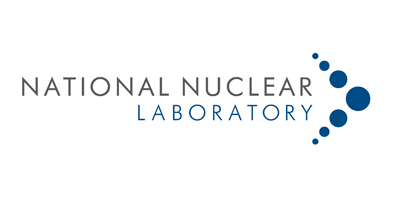Taking TRISO fuel to the next level
COATED PARTICLE FUELS | HENRY ROYCE INSTITUTE | NATIONAL NUCLEAR USER FACILITY | NNL | UNIVERSITIES AND ACADEMIA | WORLD-CLASS FACILITIESAs the world-leading centre for advanced materials research and commercialisation, the Henry Royce Institute provides integral insight for UK advanced nuclear deployment. Joel Turner, Dalton Nuclear Fellow at the University of Manchester, explains how AFCP infrastructure investment complements the institute’s ultramodern facilities to help steer the direction of domestic fuel manufacture.

Challenge
Advancing active particle manufacture
In the UK, the study of TRISO fuel has most recently been limited to study of surrogate particles. Although the UK National Nuclear Laboratory (NNL) has a kernel manufacturing ability, the actual coaters available to researchers in the UK have previously all been non-active and therefore only partially representative of real, active fuel particles.
Solution
A new rig for new UK capability
AFCP has funded the addition of a bespoke, active manufacturing rig within the Henry Royce Institute in Manchester. The rig will allow academics to study the manufacture of TRISO fuel, as well as provide a ready supply of sample material for further research. This academic-scale nuclear fuel manufacturing capability – which includes the ability to manufacture, characterise and test nuclear fuel at the pellet scale – is unique within both AFCP and the UK.
Impact
Strengthening national nuclear expertise through infrastructure investment
TRISO fuel is a key technology for the U-Battery, an advanced reactor system of interest. However, recent experience with this fuel has been very limited within the UK. This new active rig at the Henry Royce Institute will allow for the manufacture of sample material, the understanding of manufacturing parameters and their effect on material properties, and the supply of sample material for ongoing research on fuel performance.
Through the Dalton Nuclear Institute, the University of Manchester is central to UK nuclear research. This infrastructure – combined with the nuclear theme of the Henry Royce Institute – can see Manchester going from strength to strength in fuels research, while continuing to have close links with NNL fuel researchers in Springfields and Sellafield.
AFCP is part of the Department for Business, Energy and Industrial Strategy (BEIS) £505m Energy Innovation Programme.
